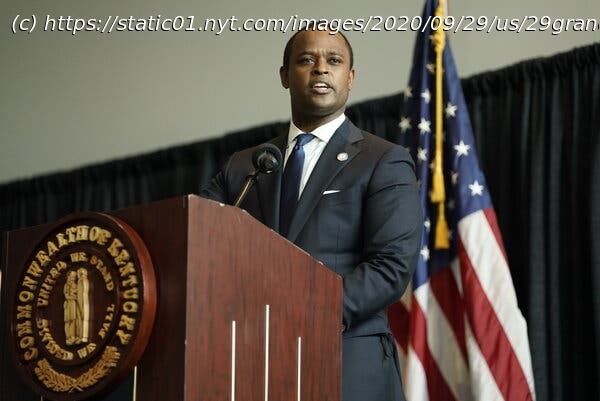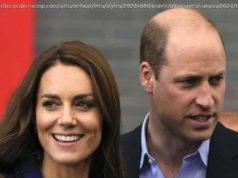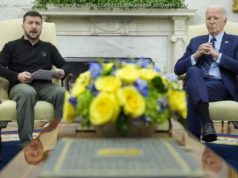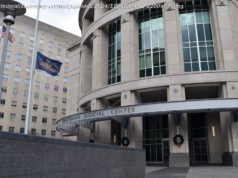In theory, jurors have broad powers to investigate, subpoena witnesses and bring charges, legal experts said. But in practice, prosecutors control the process and are rarely challenged.
News conferences, protest chants, witness statements — so much has been said by so many about the shooting death of Breonna Taylor in Louisville, Ky., six months ago. Except, that is, by the dozen people who have weighed the evidence in the case behind closed doors and decided that only one officer should be indicted. One of the members of the grand jury, whose proceedings are typically secret, is pushing to see that change. The unnamed juror has argued that the proceedings should be made public and jurors be allowed to speak, pushing back against the Kentucky attorney general’s assertion that the grand jurors heard “all the evidence” before deciding not to indict the two police officers who shot Ms. Taylor in her apartment while executing a search warrant. In a legal motion, he accused the attorney general, Daniel Cameron, of using the grand jurors “as a shield to deflect accountability and responsibility” and of planting “more seeds of doubt in the process.” The battle of blame exposes a tension inherent in grand jury proceedings: In theory, jurors have broad powers to investigate, subpoena witnesses and bring charges. But in practice, prosecutors control the process and are rarely challenged. Mr. Cameron said that he would release a recording of the grand jury case on Wednesday in response to a judge’s order, and that he had no objection to the juror sharing his thoughts on the prosecution’s presentation. But the juror’s lawyer, Kevin M. Glogower, said on Tuesday that he had advised his client not to speak without formal permission from the court to avoid prosecution. Even then, he said, his client might remain anonymous to avoid public scrutiny. Grand jury proceedings are kept secret in order to protect the reputations of those who are accused but not indicted, to shield witnesses from retaliation and to buffer the jurors themselves from criticism. Releasing grand jury proceedings is exceedingly rare, though it did happen after a grand jury declined to indict Darren Wilson, the police officer who killed Michael Brown in Ferguson, Mo., in 2014. The prosecutor released thousands of pages of transcripts and evidence. In a vast majority of cases, grand jurors return an indictment, said Roger A. Fairfax Jr., an expert at the George Washington University Law School, “except in cases where police officers are accused of taking the life of a Black or brown person.” He has argued that grand jurors should be consulted on issues such as plea bargains, sentencing recommendations and even what type of cases should be a priority.






